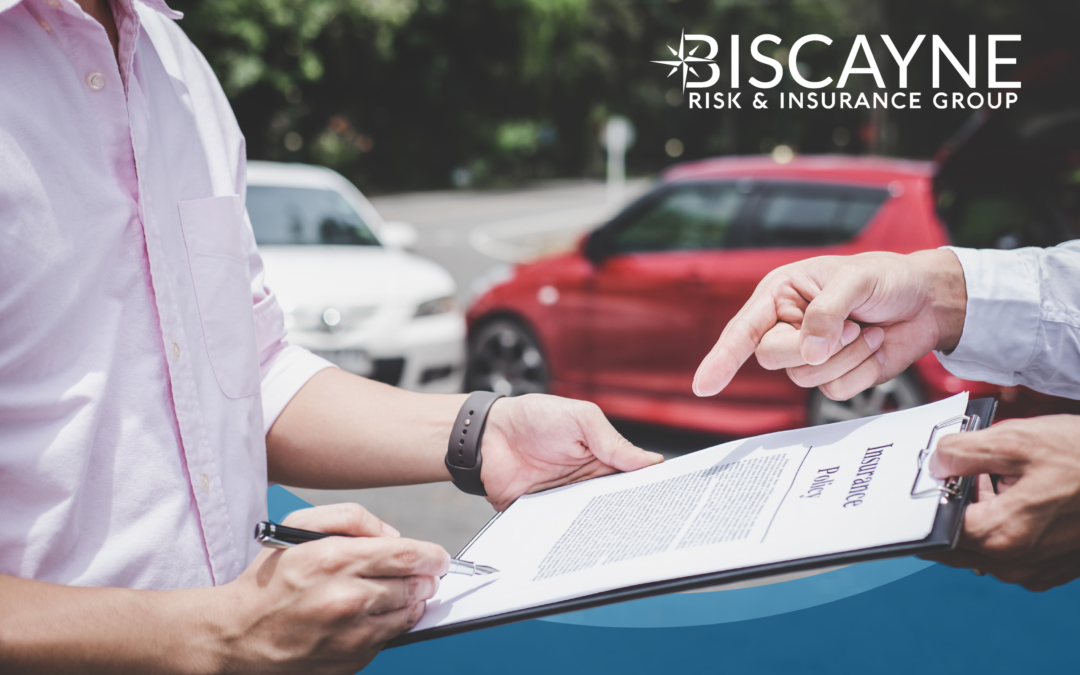Commercial auto insurance protects vehicles that a business owns, leaving a gap for auto insurance coverage with non-owned vehicles. Getting hired and non-owned auto (HNOA) coverage is essential if vehicles are rented, leased, or borrowed for business purposes or if employees use their personal vehicles for work.
What is Hired and Non-Owned Auto Insurance?
HNOA insurance provides liability protection when employees have to drive their personally-owned vehicle for business purposes. It assumes that the vehicle is not owned, registered, or contracted in the company’s or employer’s name or on their behalf. Non-owned auto insurance will be applied after the employee’s personal auto limit is exhausted. Personal auto insurance policies can work in conjunction with HNOA.
Hired vehicles are ones businesses lease, hire, rent, or borrow to perform business-related tasks. If the employee rents a vehicle for business purposes and causes an accident, hired auto insurance could help cover the costs if a lawsuit is filed against the business.
Situations can occur within any industry where employees drive their personal vehicle to complete work-related tasks, leaving the company liable. Such situations can include:
- Going to the post office or bank on the company’s behalf
- Picking up or dropping off clients
- Driving to pick up lunch or purchase office supplies
- Renting a vehicle while on a business trip
What Is And Isn’t Covered With HNOA
Coverage does not pay for physical damage to the hired or non-owned vehicle. Hired and non-owned auto coverage can usually be added as an endorsement to the general liability insurance policy.
HNOA Insurance Covers:
- Liability claims – If employees get into an accident while using their personal or a rented vehicle for business purposes, non-owned auto liability policies transfer the risks to the insurer. This coverage protects the business.
- Legal costs – If an employee gets into an accident and the business is sued, non-owned auto liability policies help cover legal expenses following a claim.
- Employees of all statuses – Coverage for all employees, whether they are full-time, part-time, or temporary employees. This is particularly useful for companies that hire seasonal employees.
There is the chance that charges will exceed the employee’s policy and get passed on to the company. Without HNOA liability coverage, companies may be vulnerable to a potentially costly exposure and are limited in providing insured company vehicles to its workers.
HNOA insurance is a type of liability insurance that doesn’t provide coverage for the policyholder. HNOA won’t cover:
- Property damage to the business’ hired or non-owned vehicle.
- Medical bills if the employee gets hurt in an accident while using rented or personal vehicles.
- Liability coverage, damages, or bodily injury from an accident while the employee drives for personal reasons unrelated to business.
- Accidents that occur while employees commute to work.
Get Complete Coverage With Biscayne Risk
Most businesses automatically purchase commercial auto policies, but hired and non-owned vehicles often get overlooked. With the use of these vehicles, there’s an added risk exposure some business owners don’t realize. The purpose of hired and non-owned auto insurance is to help protect your business and provide comprehensive coverage. Don’t let a gap in insurance leave your business at risk.
Auto accidents can be detrimental financially, especially without the proper coverage. With Biscayne Risk & Insurance Group, we can assess the risks associated with your industry and deliver personalized auto insurance coverage options to help protect your business. Contact us today to see how we can meet your insurance needs.

